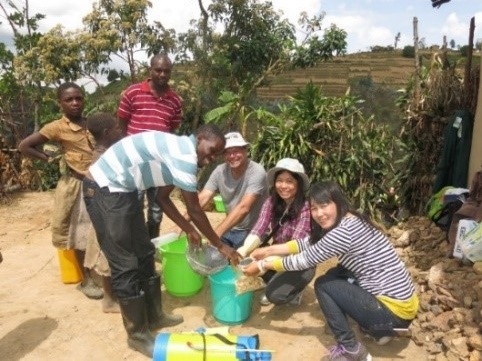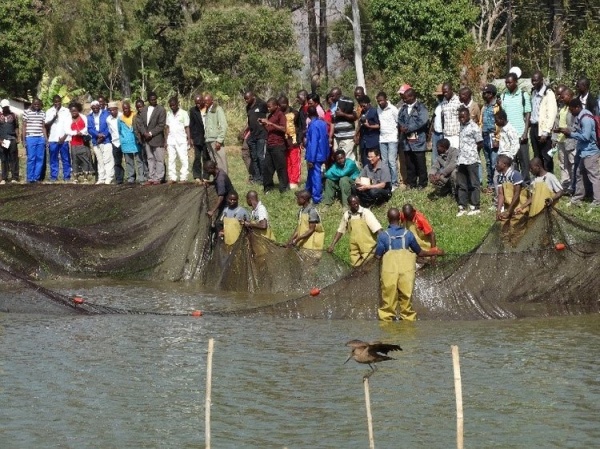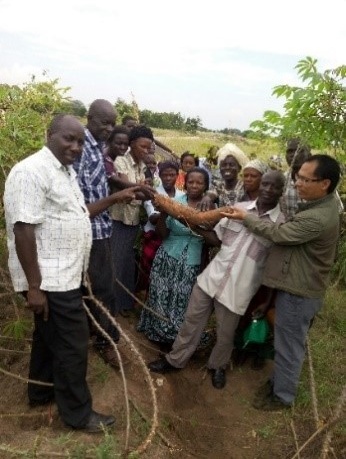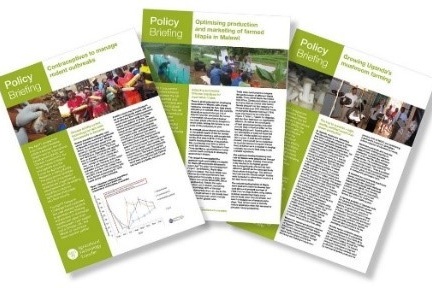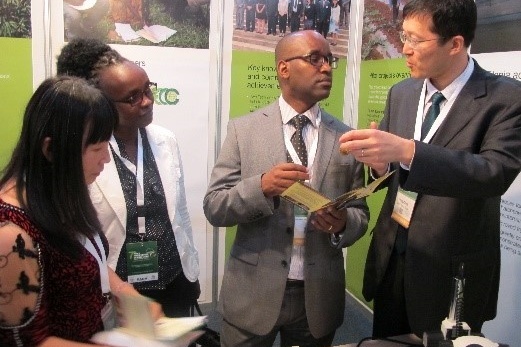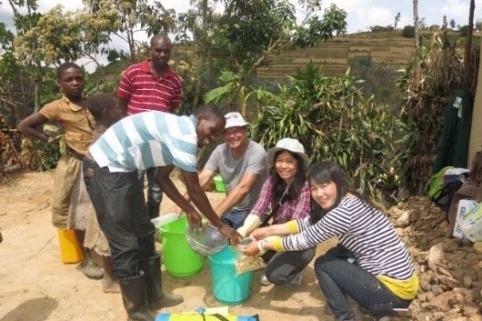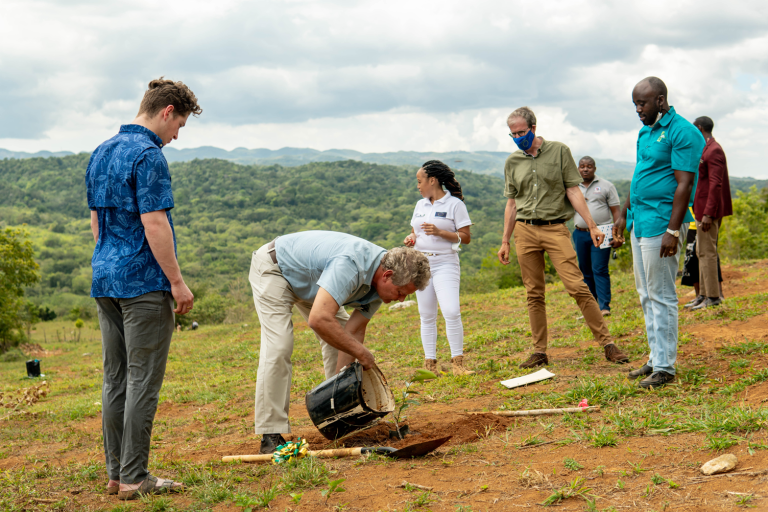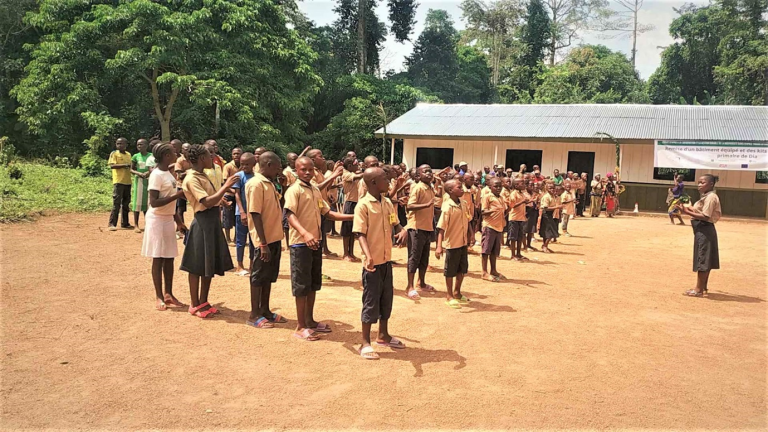Aquaculture in Malawi plays an important role in contributing to economic growth, employment, food security and nutrition. However, a lack of commercial activity in the sector means that critical elements of the market, such as feed and fingerling supply chains, have been severely neglected.
This £1.36 million pilot development project contributed to aquaculture productivity in Malawi by improving fingerling production, enhancing feed production, and demonstrating technologies for improved grow-out fish production.
100 farmers were trained by Chinese experts in enhanced pond construction, pond management, using higher stocking rates and all-male fingerlings, improved feeding regimes, predation control and record keeping. The pilot demonstrated that yields can increase from current levels of around one tonne of fish per hectare to over six tonnes per hectare.
Other activities included the posting of three Chinese experts to the National Aquaculture Centre in Malawi to work on fingerling production. Over the course of the project, 2,000,000 fingerlings were produced – double the production level before the project. District Fisheries Officers were also trained in improving fingerling production, providing them with technologies and practices to share with fish farmers.

